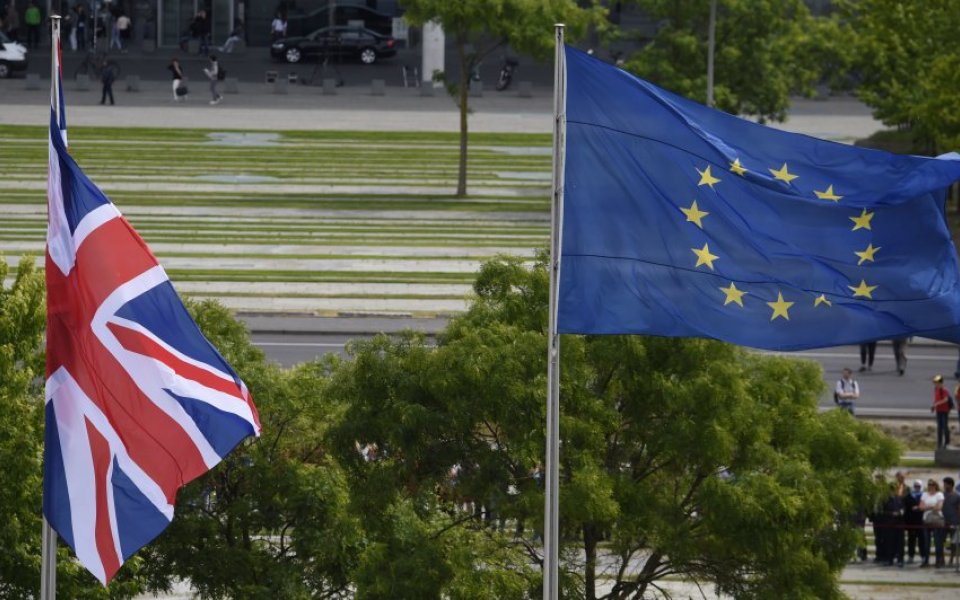Looming EU referendum is slowing M&A activity – and a Brexit could make UK less attractive for deals

The looming EU referendum is slowing M&A activity – and a Brexit could make the country "less attractive", experts have warned.
Last year, there were record levels of global activity in M&A, with an estimated $4.78 trillion worth of deals announced.
But despite high-profile activity around Home Retail Group and the London Stock Exchange, Clifford Chance corporate partner Patrick Sarch told City A.M. that so far this year M&A has been "patchier than it otherwise would have been".
There are "relatively few big deals going on" despite "low sterling and relatively cheap equity markets" creating a buying opportunity for overseas buyers, he added.
And if the UK votes for a Brexit come 23 June, he warned "some of those mega-corps will direct their business elsewhere".
"[Brexit] will make the UK less attractive so overall it will probably depress M&A flows. And may lead to the sort of consolidation with BG and Shell, so the UK players get bigger as they try to compete on a world stage. But they’re not going to try and be in every jurisdiction quite so much as they had planned to before."
Read more: Here's why 2015 has been such a bumper year for M&A
Sarch said the UK "should be able to sort itself out" in the longer term, because of clear regulation and attractive tax rates, but admitted there was a lot of uncertainty around the longer-term impact.
"None of us know – and all of the politicians are failing to tell us – exactly how a post-Brexit UK would relate to the rest of the world, what the treaties would be, and so on," he said. "Ultimately some sort of balance will be reached whereby the attractiveness of the UK is maintained, notwithstanding some extra friction costs in dealing with Europe, which would presumably be inevitable… Medium to long term, I think we’ll end up largely where we started."
Neil Sutton, a corporate finance partner at PwC, told City A.M. caution was particularly strong among businesses in Asia and the US, "who have traditionally seen the UK as a safe route into the European marketplace."
"If we exit, we may see some change to that strategy of companies seeking a UK deal as an entry point to Europe before unlocking the wider market," he added.
Hogan Lovells partner Peter Watts agreed decisions were being delayed until there was more clarity around the UK's future relationship with the European Union.
Read more: Volatility, shmolatility: UK beats Europe for M&A
"It’s almost inevitable, I think, that particularly between now and the referendum, there is a defined period of uncertainty," he said. "And therefore discretionary decisions – whether to bring out an asset into the market or move forward to bid for something – some of those are likely to be deferred."
Uncertainty over the US Presidential election was also having an impact.
He suggested that if the UK votes to stay in the EU, the third and fourth quarters "will be a relatively good time for European M&A".
But, if the UK votes to leave, there could be a change in M&A patterns.
"Inevitably there will still be a lot of uncertainty about what that looks like. However… there will still be a lot of underlying fundamentally attractive assets. I would anticipate that, relatively quickly, people will return to the market and I would be surprised if it fundamentally undermined the attractiveness of the UK and the EU as a destination for investment."